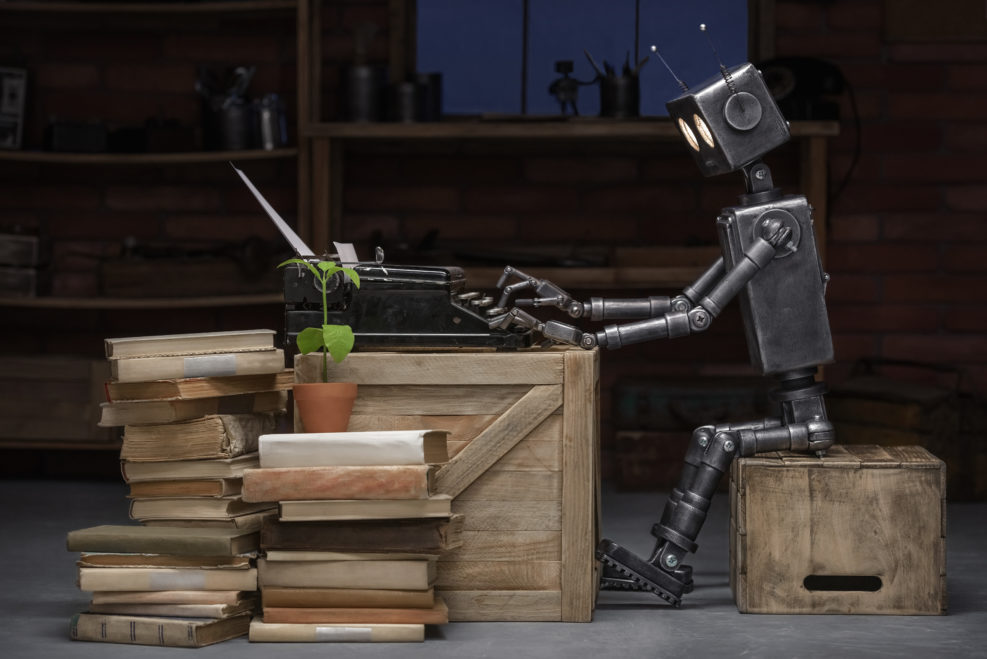
A Choice Between Saving One’s Child and Oneself — Sci-fi Saturday
Is life always so simple? Well, we shall see“Zoe” at DUST by Derek Abel, 2019 and uploaded to DUST, June 21, 2021, 4:58 min) ZOE and her FATHER have lived in space all their lives. The space station they call home is about to explode. Their only chance of survival is an old escape pod but there’s only room for one. Review: The film is very well done technically and the actors are veterans. Zoe is played by Zahlee Moore and her dad by Luke Reeves. That said, the ending seemed too saccharine, too soft. No real sacrifice was required. Not like “The Wreck of the Hesperus,” by Henry Wadsworth Longfellow (1807–1882) which gives a much better sense of what would probably really happen. In “The Wreck… “: Read More ›


















